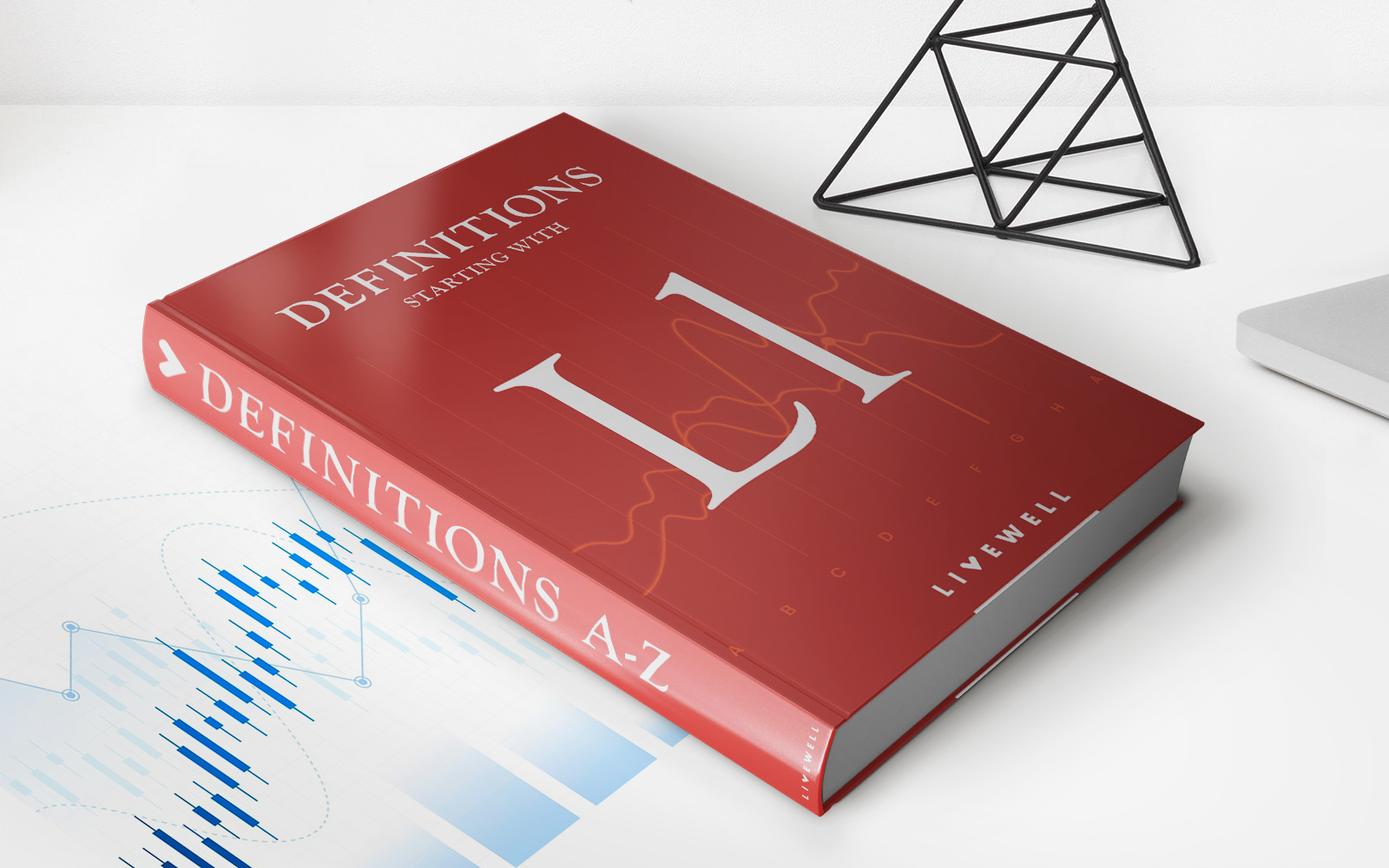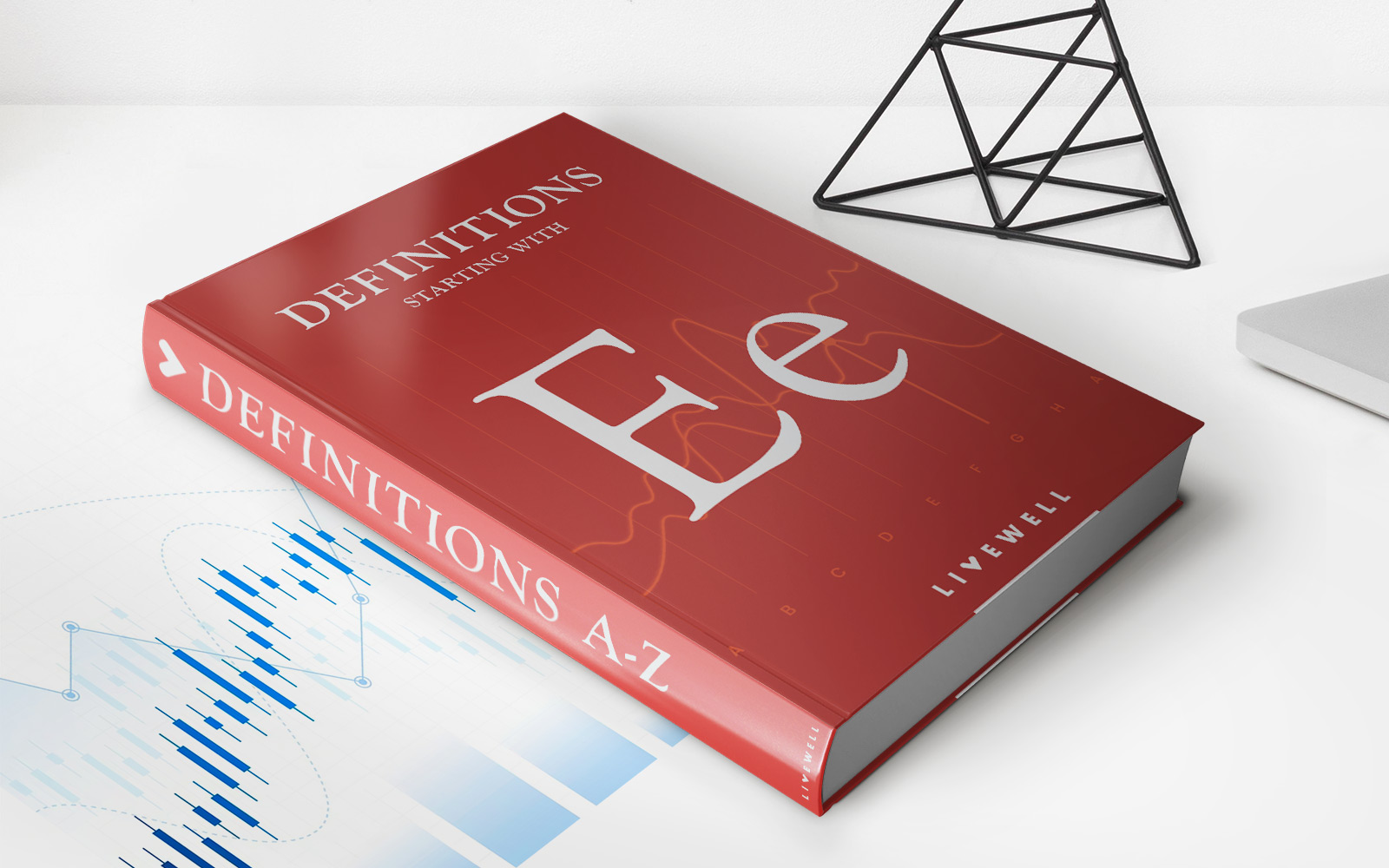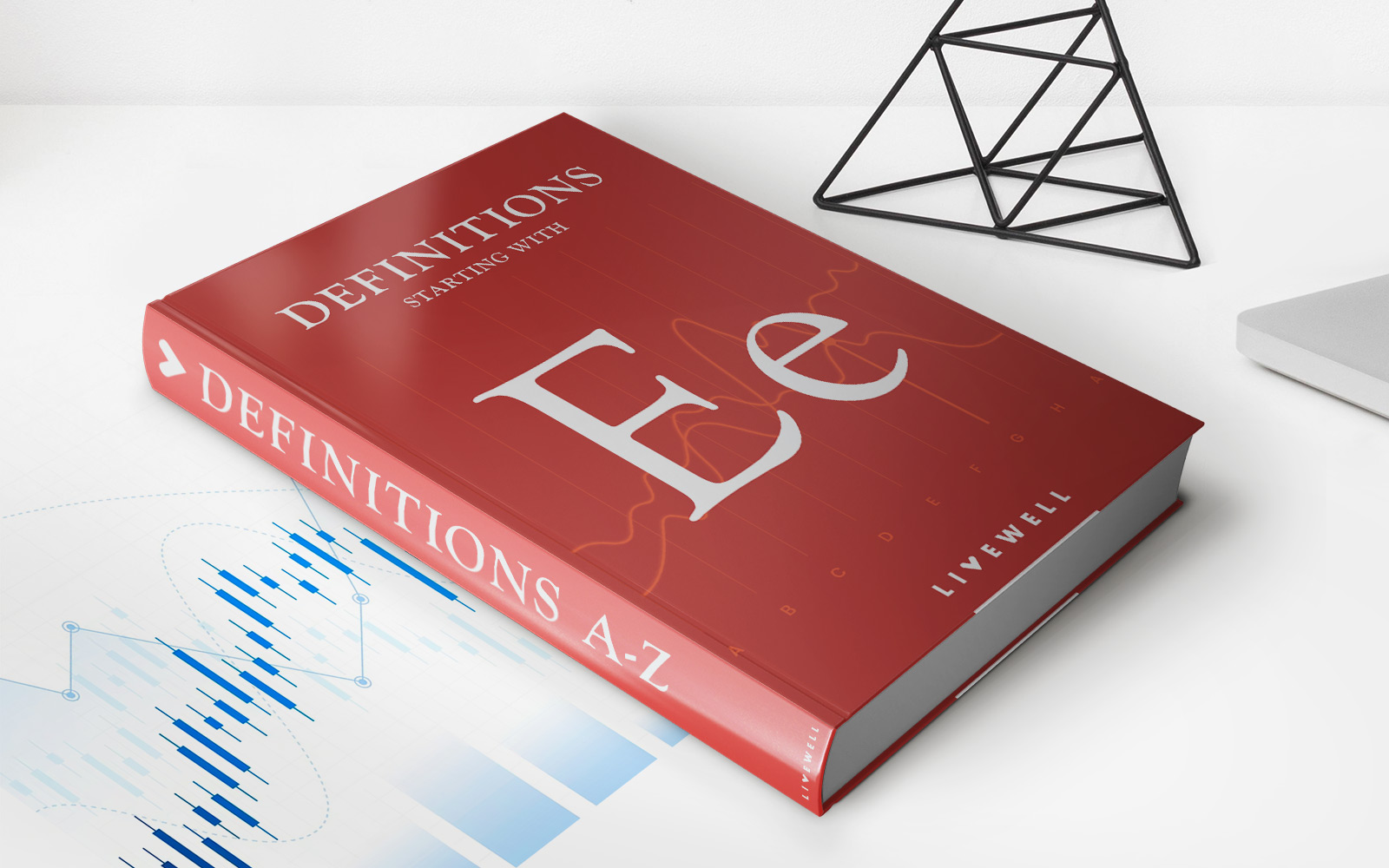

Finance
Lump-Sum Distribution Definition
Published: December 21, 2023
Discover the meaning of a lump-sum distribution in finance and its implications. Learn how it can impact your financial situation and retirement planning.
(Many of the links in this article redirect to a specific reviewed product. Your purchase of these products through affiliate links helps to generate commission for LiveWell, at no extra cost. Learn more)
Welcome to the world of finance! Today, we’re going to explore the intriguing concept of a lump-sum distribution.
Finance can sometimes be a complex and overwhelming realm, with jargon and terms that can make your head spin. But fear not, we’re here to break it down for you. In this article, we’ll delve into the definition of a lump-sum distribution and how it could impact your financial situation.
Key Takeaways:
- A lump-sum distribution refers to a one-time payment that an individual receives from a retirement plan or pension.
- This distribution can occur due to various circumstances, such as retirement, separation from employment, or reaching a specified age.
Now that we have our key takeaways, let’s dive deeper into the world of lump-sum distributions.
What is a Lump-Sum Distribution?
A lump-sum distribution is a single payment that an individual receives from a retirement plan or pension. It’s different from receiving regular monthly payments and instead provides the entire amount all at once. This type of distribution can occur due to various circumstances, including retirement, separation from employment, or reaching a specific age.
When it comes to retirement planning, a lump-sum distribution offers individuals the flexibility to manage their finances according to their specific needs and goals. Rather than receiving a steady income over time, individuals receive a larger sum that they can invest, save, or allocate as per their financial strategy.
Factors to Consider
While a lump-sum distribution may sound appealing, it’s essential to carefully evaluate your financial situation and consider a few factors before making a decision:
- Tax Implications: One crucial factor to consider is the potential tax implications of receiving a lump-sum distribution. Depending on the type of retirement plan, the distribution may be subject to income taxes. It’s essential to consult with a tax professional to fully understand the tax consequences and make informed decisions.
- Investment Opportunities: Receiving a lump-sum distribution provides the opportunity for individuals to invest the money strategically. By carefully considering investment options, individuals can potentially grow their wealth and generate a higher return on their investment.
- Long-Term Financial Goals: Assessing your long-term financial goals is vital before deciding whether to accept a lump-sum distribution. Consider your financial priorities, such as paying off debts, funding education for yourself or your children, or securing a comfortable retirement. Evaluating how the distribution aligns with these goals will aid in making an informed decision.
Conclusion
When it comes to understanding finance, it’s crucial to have a grasp of various concepts, such as the lump-sum distribution. This type of distribution can have significant implications on an individual’s financial situation, offering flexibility and potential growth opportunities.
Remember, before making any decisions related to a lump-sum distribution, it’s essential to analyze your unique circumstances, consult professionals, and consider your long-term financial goals.
We hope this article has shed some light on the fascinating world of lump-sum distributions. Stay tuned for more enlightening finance-related discussions!














